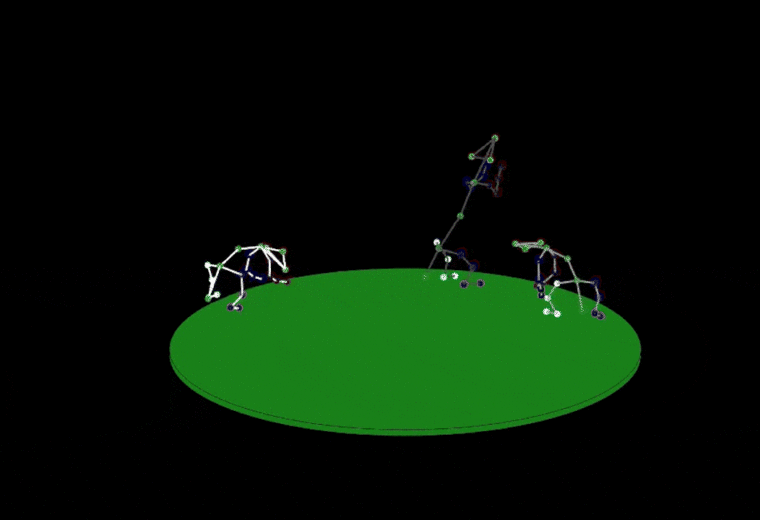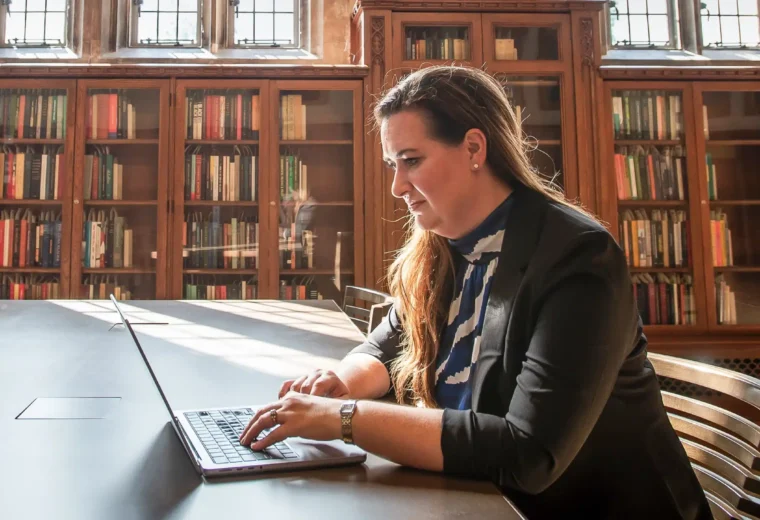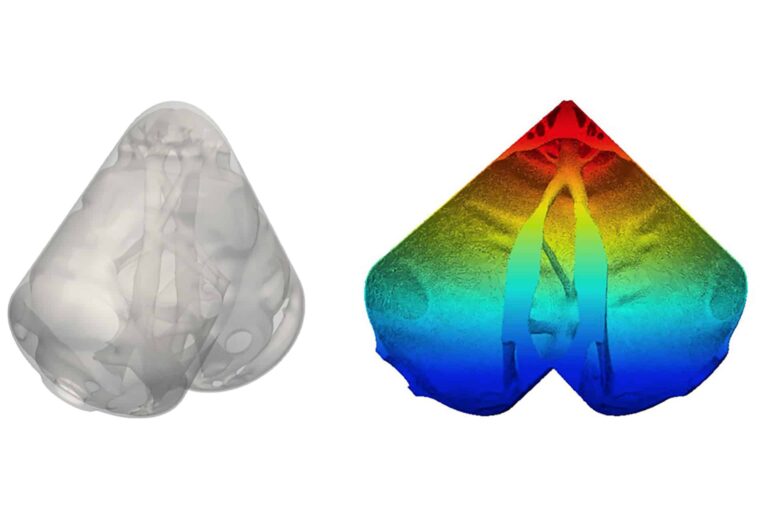
Using Neural Networks to Precisely Model Social Behavior
A new platform uses machine learning to identify and map social interactions, unlocking new ways to study behavioral disorders like autism

A new platform uses machine learning to identify and map social interactions, unlocking new ways to study behavioral disorders like autism

Amanda Randles pioneers computer models that non-invasively diagnose disease

Learn how federal funding helped Duke Engineering graduate and professor revolutionize a device that has restored hearing for millions.

Associated $250,000 prize will support Randles's work to build "digital twins" for the human vasculature to improve heart-related health outcomes

A new platform can design and match small peptides with complex, tangled proteins previously considered unreachable

Join Dean Jerry Lynch and Professor Amanda Randles in a conversation about how digital twins - advanced, personalized computational models of a patient's body - could help save lives.

New algorithm better identifies the origin of a seizure to guide more precise surgical interventions

Engineers are facing more ethical dilemmas in their professional lives than ever before. Students need to be taught how to handle them

An ultra-fast model of a neuron’s response to electrical stimulation enables efficient design of nerve stimulation therapies

By creating a digital twin of your circulatory system, Duke BME's Amanda Randles wants to bring unprecedented precision to medical forecasts

A new grant awarded to a Duke-Cambridge team attacks the challenges of creating digital twins of geometrically complex systems

The Fitzpatrick Institute for Photonics is creating a new group focused on a quickly growing and evolving marriage of technologies